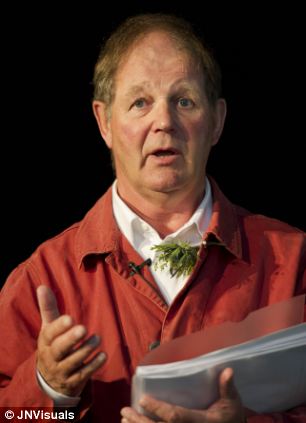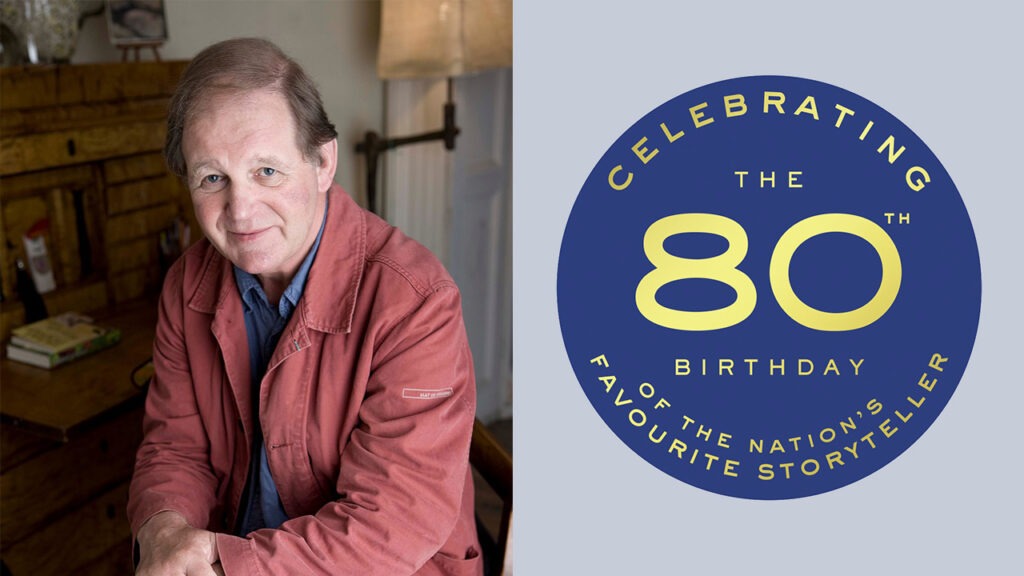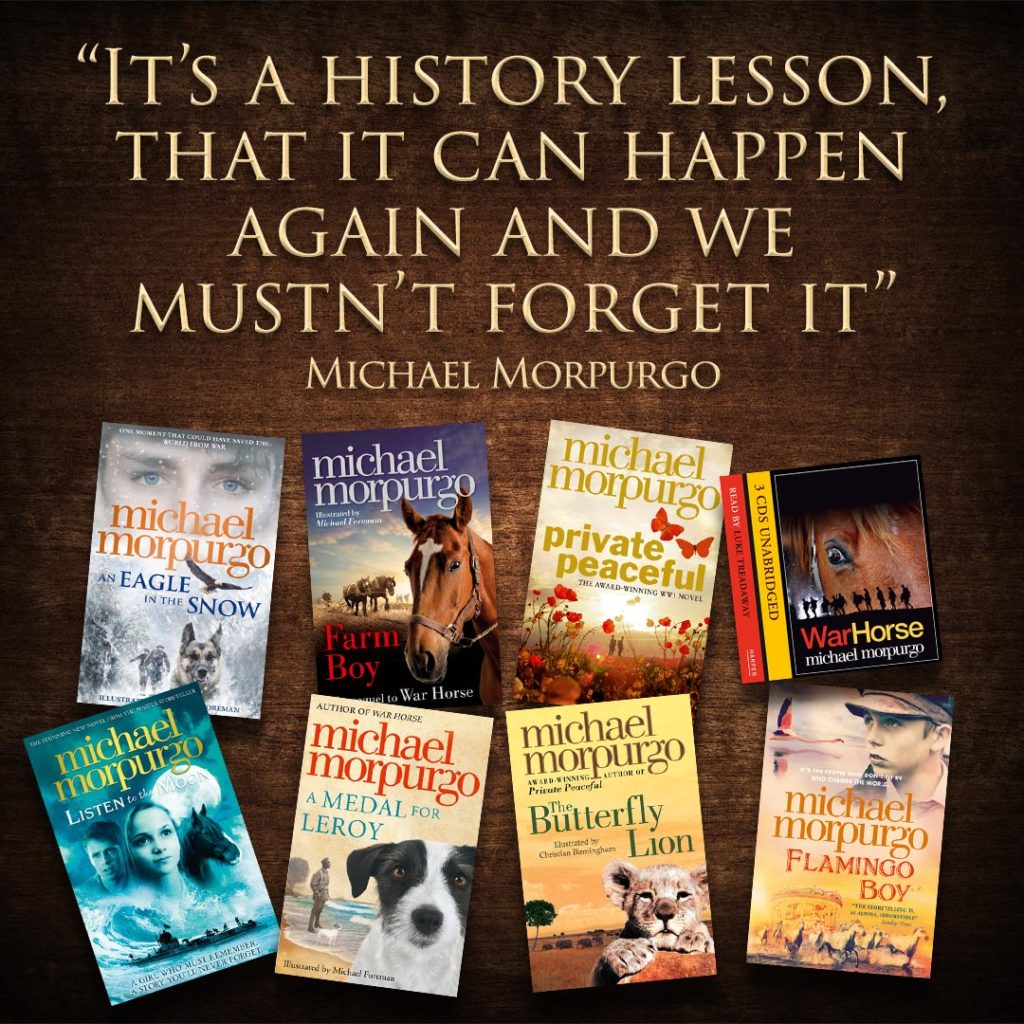Speaking at a conference for schools on how to mark the centenary of the Great War, Michael Morpurgo said stories are able to get through to people in a way that history books are unable to do. Children need to be told personal stories about historical events such as the First World War because these are often too big for them to comprehend. All young people should visit not just British war graves but German ones too to ensure they understand ‘where we come from’.
Michael Morpurgo told delegates he wanted to inspire and alert young minds to what happened during the war because it was ‘the critical moment of our times, it was the cusp of history’. He also said that fiction and stories can teach people about different topics.
Of course history has to be the basis of it, that’s absolutely the case, but it is the case also that the records that are left behind, that is the diaries, the letters home, those voices which speak from the heart, from the front to those who are loved at home, or simply jotted down, or the poems that they wrote, they have a way of getting through to us as a history book might not be able to do.
He added:
What I’ve tried to do all my writing life and all my teaching life is to bring stories to children. And I think the critical thing about making stories that work for children is that the children have to somehow feel the reality of the story.
Michael said that teachers can stand in front of pupils and tell them about a major moment in history – such as the atrocity of the Holocaust.
It’s all huge, it’s all too massive to comprehend such suffering and anyway for them, it was then, so whilst they might write an essay about it and somehow you’ve told them that story, you haven’t touched them, and you and I all know the way to touch them – they read Anne Frank. They go there and they know it then, and they care about it because they care about one person.



